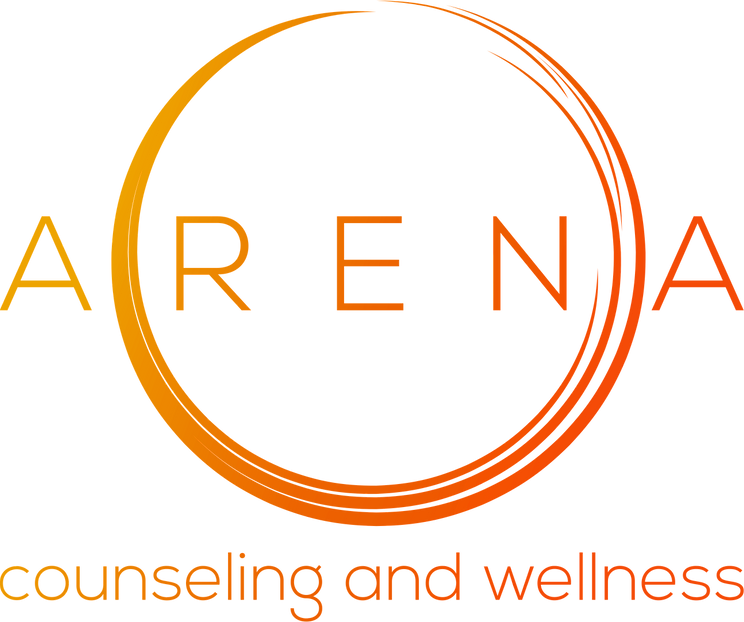DBT Therapy in Gainesville, FL
What is it?
Dialectical behavior therapy (DBT) is a type of talk therapy based on cognitive behavioral therapy (CBT), but it’s adapted for people who experience emotions very intensely. The main goal of DBT is strike a balance between validating who you are and the benefits of the changes that come with growing.
Learn More
Frequently Asked Questions
-
What are the benefits of DBT?
- Better understand your emotions and thoughts: with DBT treatment, you become aware of the complex emotions and structures of thoughts that influence your behavior and choices.
- It improves your relationships: DBT helps to create healthy relationships with respectful boundaries and trust that improve both health and well-being.
- It improves your life quality: DBT results in less self-harm behavior and anger and less drug and alcohol misuse.
-
How long will I need DBT?
Dialectical behavior therapy usually takes from six months to a year to complete the main modules, which are mindfulness, distress tolerance, emotion regulation, and interpersonal effectiveness. However, each person’s mental health conditions are different and complex. Many therapists believe that DBT for borderline personality disorder can take several years.
-
What does DBT usually treat?
- It is especially effective for people who have difficulty managing and regulating their emotions. It’s also effective for treating a range of mental health conditions, including:
- Self-harm.
- Suicidal behavior.
- Substance use disorder.
- Eating disorders, specifically bulimia and binge eating disorders.
- Depression.
- Anxiety.
-
What are some cons of DBT?
- It requires significant time and commitment in terms of attendance and homework for the therapy to work.
- For people who are more spiritually minded, they may not appreciate the logic and academics behind DBT.
- There is no formal trauma processing in DBT, which may be a necessary component for some patients to recover entirely from a traumatic experience.
“Dialectical” means combining opposite ideas, and it was developed in the 1970s by the American psychologist Marsha Linehan. It typically involves these types of sessions: DBT pre-assessment, individual therapy, and skills training in groups.
Accepting yourself and changing your behavior might feel contradictory, but it teaches you how to achieve both goals together. It is more likely to work if you’re committed to making positive changes in your life, you are ready to work hard at therapy, and you feel able to do some sessions in a group.
How it works





